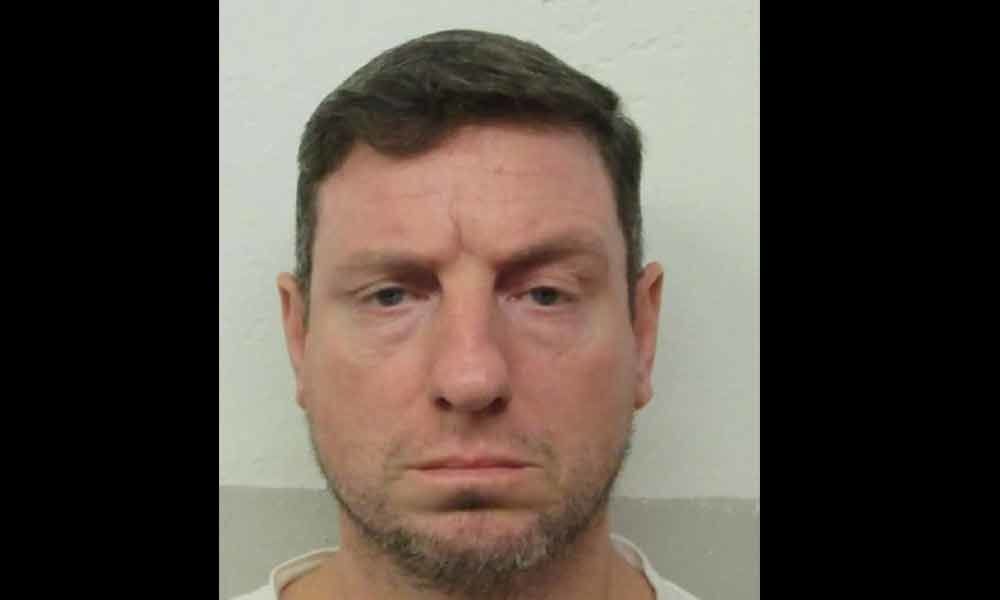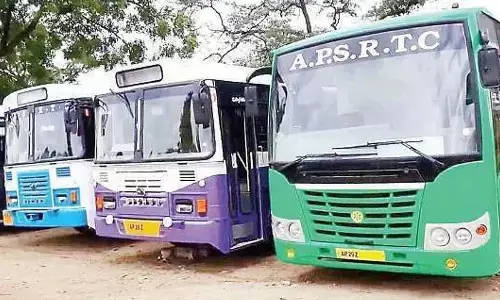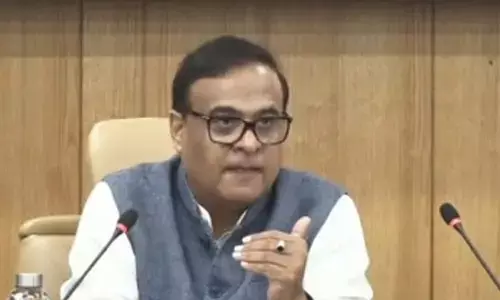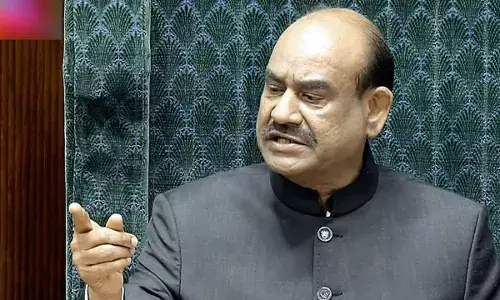Fighting clock, Alabama halts execution for evening

Fighting a ticking clock and an unresolved legal battle, Alabama late Thursday halted plans to execute an inmate saying there would not be time to carry out the lethal injection that evening.
Atmore (US): Fighting a ticking clock and an unresolved legal battle, Alabama late Thursday halted plans to execute an inmate saying there would not be time to carry out the lethal injection that evening.
A federal judge on Thursday stayed the execution of 46-year-old Christopher Lee Price to weigh his challenge to Alabama's execution process. Alabama urged the US Supreme Court to let them carry out the execution, but prison officials announced at 11:34 pm they would not have time to carry out the lethal injection that evening even if the court ruled in the state's favor. Because the death warrant setting Price's execution date expired at midnight, the state will now have to seek a new date if the courts allow the execution to proceed.
Price was convicted of using a sword and dagger to fatally stab Church of Christ pastor Bill Lynn in 1991 as he prepared Christmas gifts for his grandchildren. Prosecutors said Lynn, 57, was at his Fayette County home getting toys ready for his grandchildren when the power was cut. Lynn went outside to check the fuse box when he was killed, according to court filings. Lynn's wife, Bessie Lynn, testified that she was in an upstairs bedroom watching television when she heard a noise. She said she looked out a window and saw a person dressed in black in a karate stance, holding a sword above her husband's head.
Bessie Lynn said she went outside to help her husband, but two men ordered her back in the house and demanded money and any jewelry and weapons they had. An autopsy showed that Lynn had been cut or stabbed more than 30 times. A second man, Kelvin Coleman, pleaded guilty to murder and was sentenced to life in prison. The decision to halt the scheduled execution concluded a lengthy evening as the victim's family and the inmate awaited word about whether the courts would let the state proceed with the lethal injection that was originally scheduled for 6 pm. Family members of the slain pastor, including Lynn's wife and daughters, had planned to witness the lethal injection, prison system spokesman Samantha Banks said.
Price on Wednesday had married his fiance in the visitation yard of the prison, after making a final request to hold the wedding ceremony before his execution. He ordered two pints of Turtle Tracks ice cream for his final meal. Alabama Gov. Kay Ivey and state Attorney General Steve Marshall said they would continue to pursue the death sentence for Price. "This evening, the state of Alabama witnessed a miscarriage of justice," Ivey said in a statement. "This horrendous crime left Pastor Lynn's wife and family to grieve, and now, almost 30 years later, the family is still left with no closure," Ivey said.
The last-minute bid to stop the execution centered on Price's request to be put to death by breathing nitrogen gas, an execution method the state has authorized but not used. Alabama in 2018 authorized nitrogen hypoxia as an alternative for carrying out death sentences. However, the state has not used nitrogen in an execution or developed procedures to do so. Price's attorneys argued that Alabama's lethal injection drug combination has led to "botched" executions and that nitrogen hypoxia would be less painful. US Supreme Court precedent says inmates challenging a state's method of execution must show that there is an available alternative that is also likely to be less painful.
The state argued in court filings that even though nitrogen hypoxia is authorized under Alabama law, it is unavailable because the state has been unable to "procure the means for executing someone with nitrogen gas." Price's attorneys pointed to the fact that Alabama has allowed inmates to select nitrogen as their preferred execution method. According to the state, 48 of the more than 170 inmates on death row have elected to be put to death by nitrogen hypoxia. Alabama said Price missed a deadline to select nitrogen as his preferred execution method. Alabama has carried out one execution so far this year. In February, inmate Dominique Ray was executed for the 1995 murder of a 15-year-old girl.
















